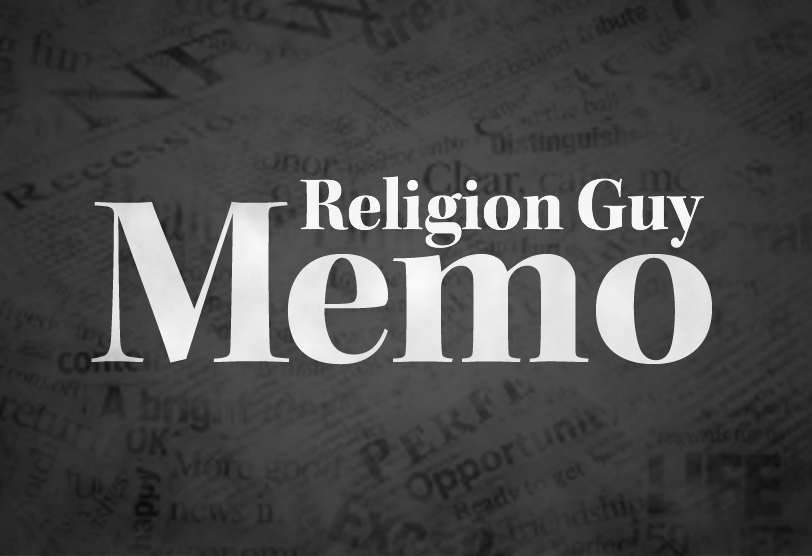I love long, detailed stories about mountain climbing -- even though I am not a climber.
It is true that, back in my Colorado decade, a younger and skinner version of myself hiked to the peaks of a trio of 14,000-foot mountains in the long, intricate Mosquito Range in the center of the state (near the mythical town of South Park). There was really no climbing involved, just hiking up and up and up slopes and then narrow ridges. Still it was most memorable (I dehydrated myself pretty bad). I still dream images from some of those vistas.
The beauty and danger found in high mountains must do a mental and spiritual number of some people.
Why do they do it? Yes, I know: Because it's there. But there is more to serious mountain climbing that that, and that sense of wonder is the intellectual and artistic backbone in a fine New York Times piece that ran with this epic headline (and stunning photography):
Scaling the World’s
Most Lethal Mountain,
in the Dead of Winter
For reasons of history and culture, Polish climbers are among the world’s most audacious. This winter, a group will attempt K2, the world’s most dangerous mountain.
Now, read that headline again. If you think like me, several ideas will jump out -- but especially the word "culture." When you think of Polish culture, what leaps to mind?
Hold that thought. Let's start with a summary paragraph that was the source for that headline:
These men will hike through knee-deep snow to a base camp at 18,645 feet, surpassing all but one mountain in the United States. Atop K2’s near-vertical slopes, glacial icefalls dislodge car-size hunks of ice. Winds at the summit reach hurricane strength, and temperatures can fall as low as minus 80 Fahrenheit.
The climbers could wait two months in their tents, in hopes the gales relent for a few days. They have no margin for error; K2 routinely kills those trapped on its flanks.
This is the way of the Polish climbers, who for reasons of history and culture have earned reputations as the greatest climbers of the Himalayas in winter. They are prisoners of their dreams.




